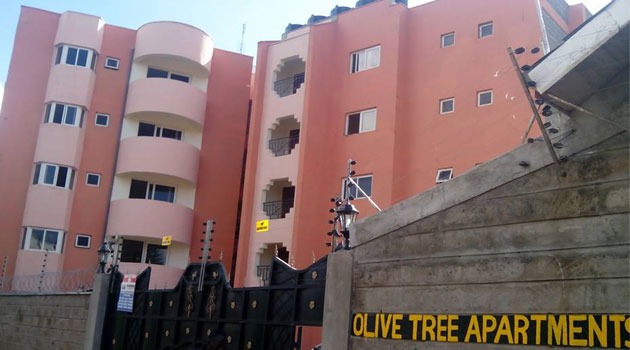
According to Cytonn Real Estate, the slowdown is attributable to political uncertainty brought about by the extended electioneering period that made cautious investors postpone making purchase decisions/FILE
NAIROBI, Kenya, Jan 3 – Real estate experts indicate 2017 was a difficult year for the sector that experienced a slow-down compared to 2016.
According to Cytonn Real Estate, the slowdown is attributable to political uncertainty brought about by the extended electioneering period that made cautious investors postpone making purchase decisions.
The industry was further affected by oversupply in some segments such as commercial office space, and credit constrains due to the interest rate cap that resulted in slower credit to private sector growth.
According to the 2017 report by Cytonn Real Estate, development activity reduced evidenced by the 18.4 per cent reduction in the value of building approvals in Nairobi between January and July 2017 to Sh149.5 billion compared to Sh183.2 billion during the same period in 2016.
The review also shows that the sector recorded rental yields of 9.6 per cent in retail, 9.2 per cent in commercial office and 5.2 per cent in residential sector, resulting to an average rental yield for the real estate market of 8.0 per cent, compared to 7.8 per cent in 2016.
Moreover, capital appreciation in Nairobi and its metropolis averaged at 6.5 per cent in 2017 from 18 per cent in 2016 and thus the real estate sector recorded a total return of 14.5 per cent in 2017 compared to returns of 25.8 per cent in 2016, showing a slow-down in real estate operators’ performance.
Satellite towns such as Utawala, Juja, Athi River, Ongata Rongai and Ruiru recorded the highest capital appreciation due to improvement of infrastructure opening up these areas for development.
“The slowdown in performance was as a result of a steep decline in capital appreciation brought about by stagnated land and property prices indicating slowed demand in 2017. Developer returns, however, remain high at an average of more than 25 per cent given that real estate is a long-term investment, with a capital appreciation of 17.4 per cent over the last six years,” said Elizabeth N. Nkukuu, CFA, Cytonn’s Chief Investment Officer.
The Report however indicates that the sector will recover in 2018 attributable to high housing demand and the large housing deficit at 200,000 units annually, improving infrastructure and the growing middle class with higher purchasing power.
Government incentives to spur affordable housing development and growing businesses and SMEs creating demand for office and retail space will also be a contributing factor to the growth in 2018.
“Investors, however, have to conduct research to identify the niches in the market given the increased focus by institutional developers, which, while clearly an indication of growth, will result in stiff competition as clients and investors demand quality developments,” the report states.


































